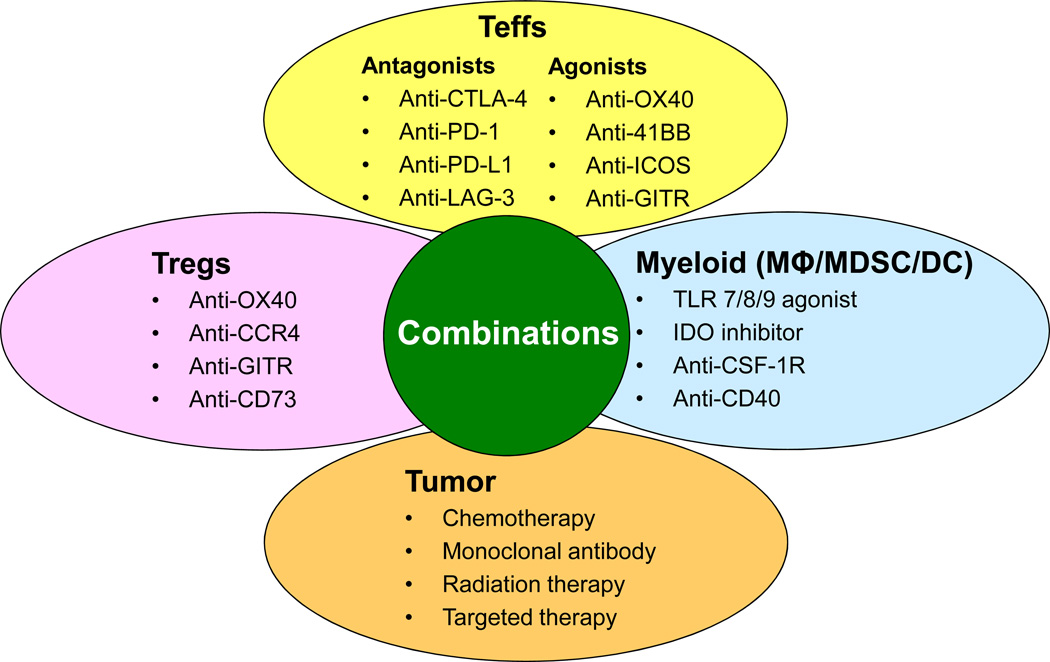Figure 2. Combination immunotherapy strategies to enhance function of effector T cells (Teffs).
Examples of agents targeting tumor or immune cells in the tumor microenvironment that may be used in combinations to enhance function of antitumor Teffs are shown. Certain chemotherapeutic agents such as doxorubicin and radiation therapy may cause immunogenic tumor cell death and cause release of tumor neo-antigens in an inflammatory microenvironment and promote Teff activation. Monoclonal antibodies and targeted therapies against the tumor may also induce a ‘vaccine-like’ effect by inducing immunogenic tumor cell death. Agonistic antibodies targeting co-stimulatory molecules or antagonistic antibodies targeting co-inhibitory molecules on Teffs could be used alone or in combination to augment Teff function. Agents targeting regulatory T cells (Tregs) may either inhibit their immunosuppressive function or cause depletion of Tregs from the tumor microenvironment. Agents targeting myeloid cells including macrophages (MΦ), myeloid derived suppressor cells (MDSC), and dendritic cells (DC) may either skew their polarization to inflammatory state that promotes Teff activation or cause their depletion from the tumor microenvironment. Combination therapies with these agents are expected to be complementary and/or synergistic and may significantly improve clinical efficacy and outcome of cancer immunotherapy in the future.

